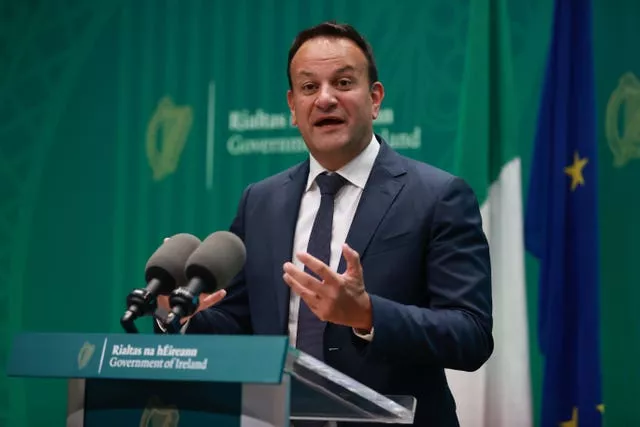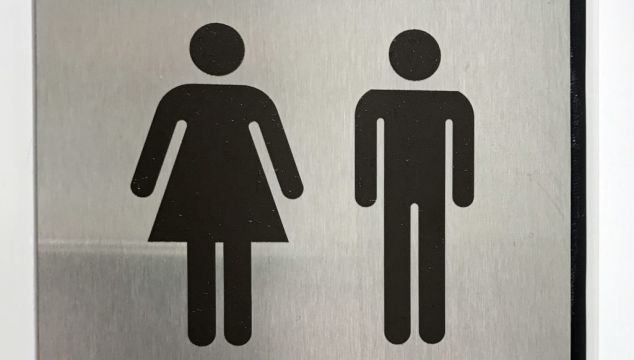Two referenda will be required on proposed gender equality amendments to the constitution, Leo Varadkar has said.
The Taoiseach has signalled in March that up to three referenda could be required, but he said ministers were now of the view that two were needed.
While Mr Varadkar said the proposed November date for the votes “still stands” he suggested that may be moved back, as he said Government was “not going to ignore” advice from the Electoral Commission that it needed a longer time frame to organise the referenda.
In line with the recommendations on gender equality made by the Citizens’ Assembly, people will be asked to vote on a series of amendments to the constitution.
That would involve including a specific reference to gender equality; widening the definition of a family beyond those families that involve a marriage; and replacing a reference to “women in the home” with a section highlighting the importance of care in Irish society.

Electoral Commission chief Art O’Leary has said a proper information campaign in advance of the votes should last up to 16 weeks.
Mr Varadkar said he wanted to meet Mr O’Leary to discuss the issue with him.
“It’s likely that there’ll need to be two referendums, and we have draft wording for each of those, but that wording hasn’t yet been agreed by government,” Mr Varadkar said after a cabinet meeting in Co Wicklow.
“And I would expect that we’ll have that wording agreed by the end of September.
“That’s certainly the plan at the moment.
“The referendum is still scheduled for the end of November.
“But I am cognisant of what the CEO of the Electoral Commission has said and he has said that they would need about three to four months to prepare for a referendum and get it right.
“And it’s the first time that the Electoral Commission will be running a referendum.
“So, I intend to meet with the chief executive of Electoral Commission Art O’Leary in the next couple of weeks just to tease that through.
“So the Government decision to have the referendum at the end of November still stands and stands until such time as it may be changed.
“But we’re not going to ignore what the chair of the Electoral Commission or the CEO of Electoral Commission have said that they would need a certain amount of time to organise it properly.”
Mr Varadkar said ministers remained committed to holding the referenda.
“We want this referendum to happen, want it to happen sooner rather, we want it to happen certainly in the term of this government,” he said.
“It is the intention of the referendum to delete the very sexist language that exists in our constitution talking about the role of women in the home and their duties in the home, replace that with wording that values care and the value of family care in particular, and then also wording that recognises that there are many different types of families in Ireland now, families led by lone parents, for example, families led by grandparents, and not all families have to be based on marriage.”







